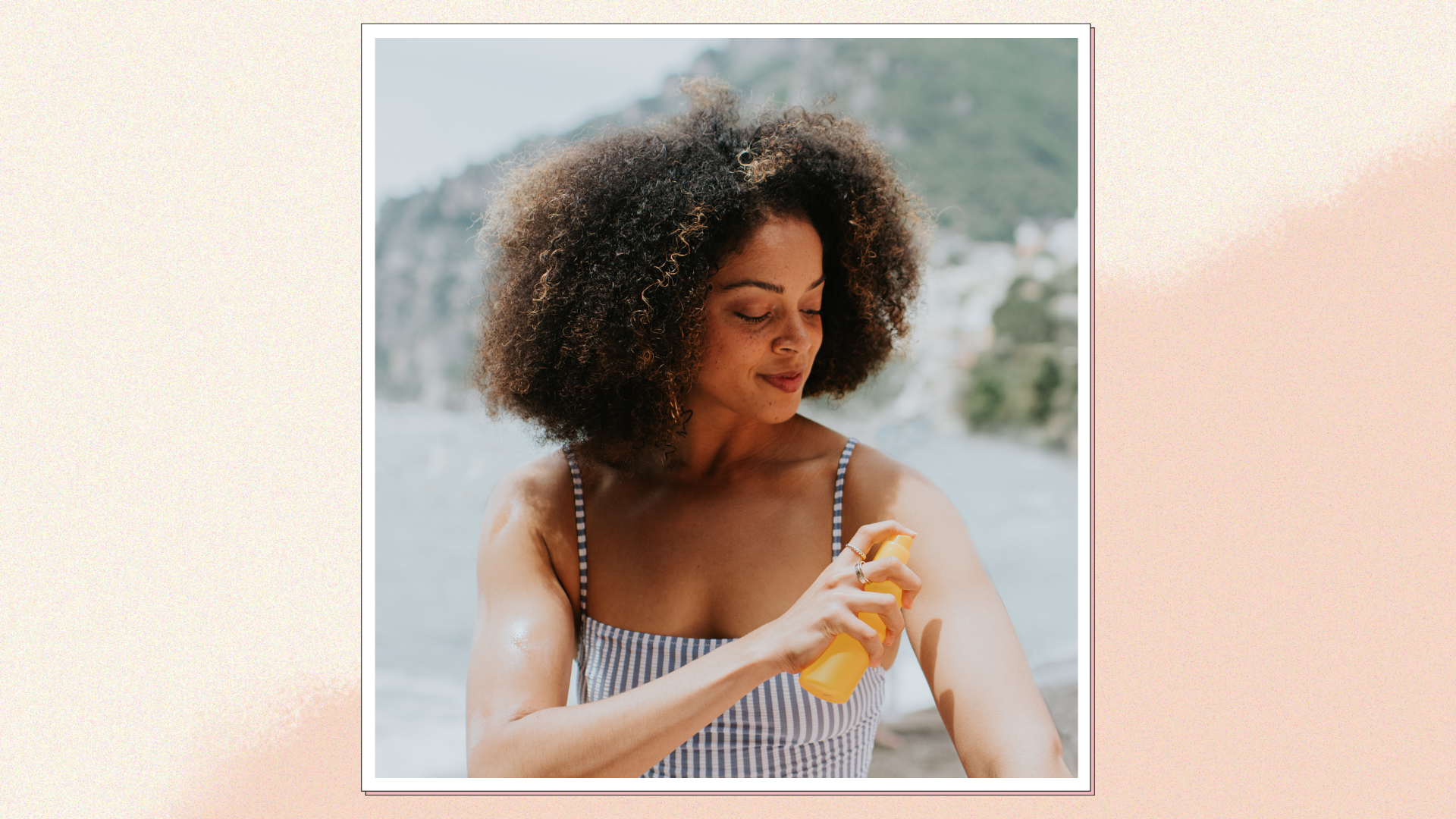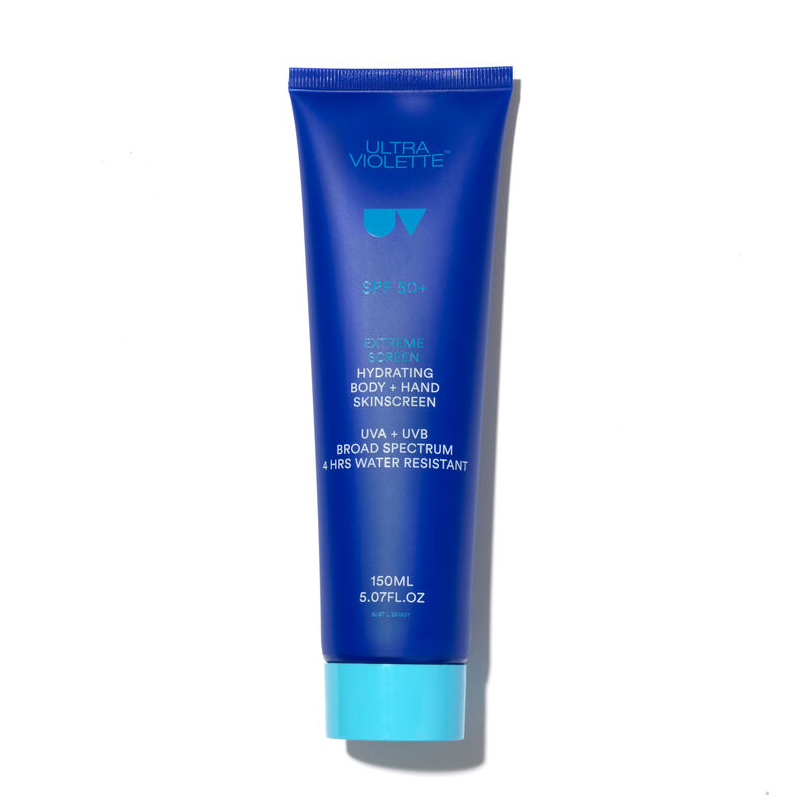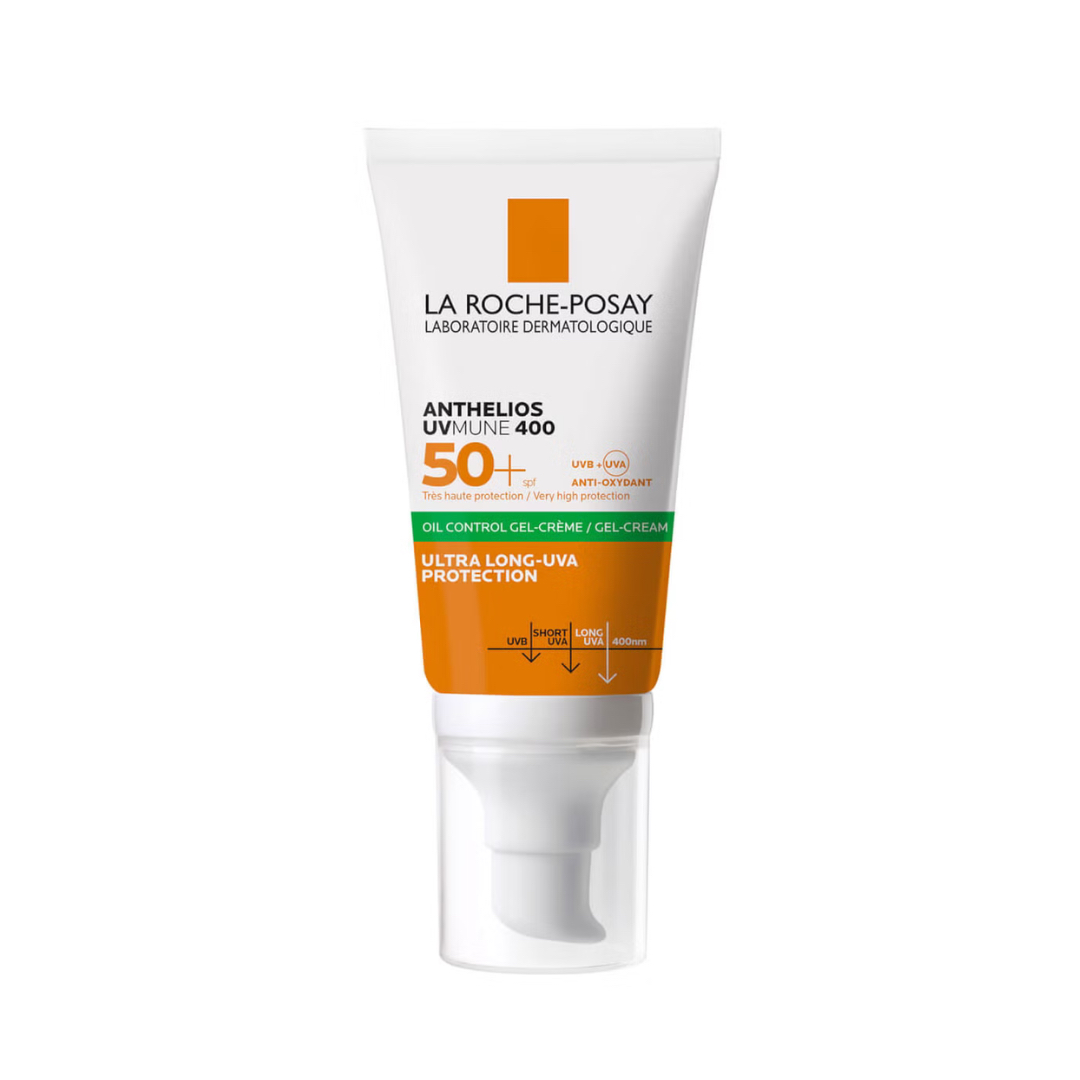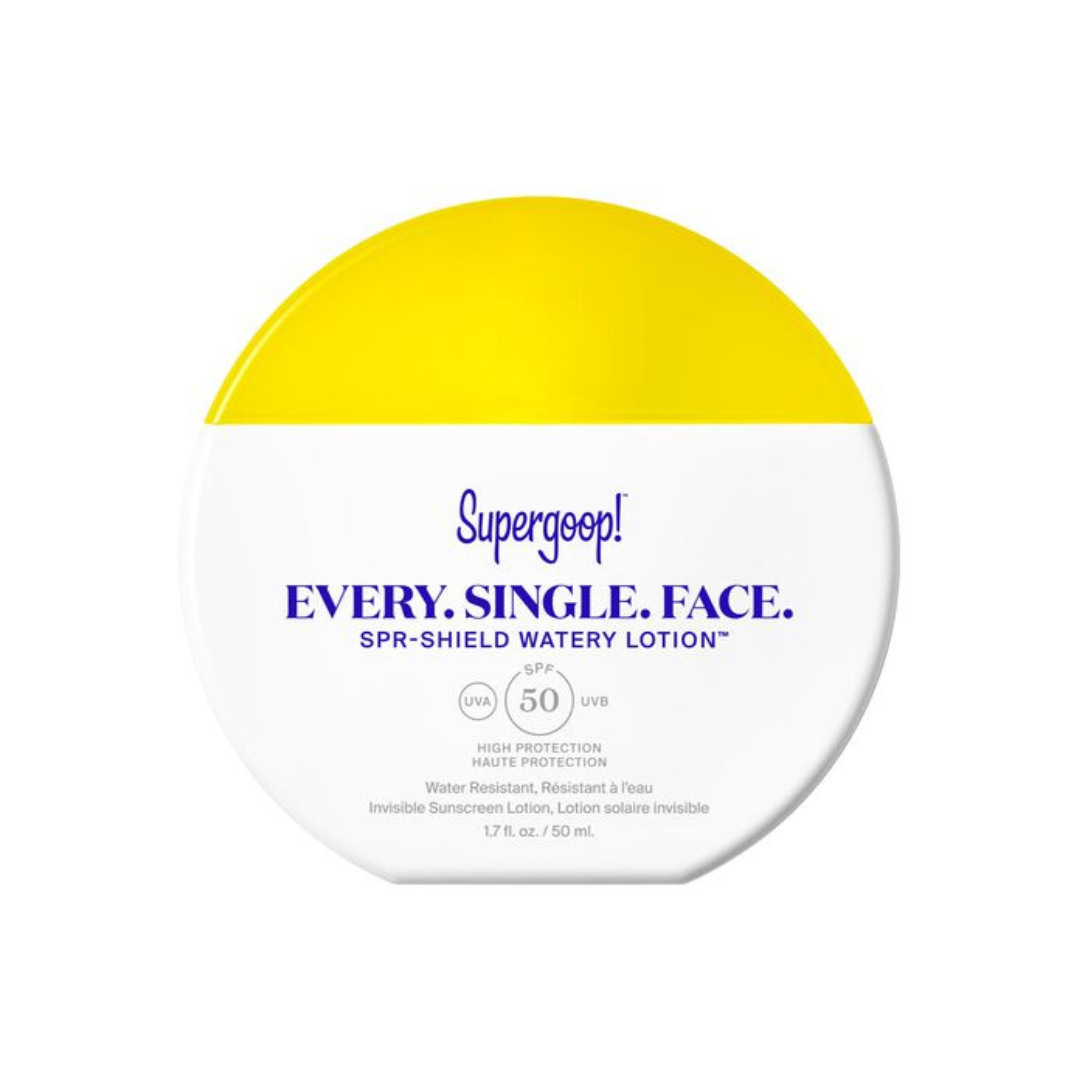Should you use different SPF factors for the face and body? The experts weigh in
We spoke to skin experts for their opinion on which factors and textures are best for both face and body...


Anybody with an interest in skincare knows how important sun protection is; it not only keeps visible signs of ageing, such as pigmentation, at bay but also significantly reduces our risk of developing skin cancer caused by UV exposure. Even so, with so many voices in the suncare space, it can be hard to know who to listen to when it comes to the "rules" of sun protection.
As it's so crucial to apply sunscreen on any areas of exposed skin, you've likely wondered if can (and should) use the same SPF formula on both your face and body, or if you should be investing in different formulas and/or factors for your body formula and best facial sunscreen options.
Luckily, we secured insights from dermatologists and skin experts to help clear the fog on the matter. Here's what you need to know when asking yourself: should I use different SPF factors for my face and body?
Should you use different SPF formulas for body and face? Skin experts explain
As mentioned, there is so much sunscreen guidance out there that it's sometimes hard to know which advice to follow - particularly where SPF factors are concerned. So we've asked the skincare experts to break down whether we should be using different formulas on both our bodies and faces...
Can you use body sunscreen on your face?
Your choice of formula is mostly "down to personal preference," notes cosmetic physician Dr Emmaline Ashley. So if you find a high-performing sunscreen that you get on with, stick with it. However, you'll likely find most body sun creams are too heavy for your facial skin, particularly if you experience breakouts or are prone to excess oil.
"Body formulations can be thicker and more hydrating to cover larger areas," says Dr Raquel Amado, director and medical practitioner at Dr Raquel Skin and Medical Cosmetics. This means they are usually formulated differently and likely won’t be appropriate for the more delicate facial skin.
Because of this, Dr Catriona Maybury, consultant dermatologist and Dermatica's medical director, advises "making sure your sunscreen is designed to be used on the face. Body sunscreens often have a thicker texture, or are heavily fragranced, which could be comedogenic [pore clogging]."
Sign up for the woman&home newsletter
Sign up to our free daily email for the latest royal and entertainment news, interesting opinion, expert advice on styling and beauty trends, and no-nonsense guides to the health and wellness questions you want answered.
Many of today's facial options also have added skincare ingredients that complement your skincare routine; look out for things like hyaluronic acid, ceramides and niacinamide. Different formulas also target different skin types, such as the best sunscreens for sensitive skin.
Should you use different SPF ratings on your face and body?
You may be tempted to settle for a lesser factor on the body, as it’s true that the skin on the face is slightly more delicate and generally gets more daily sun exposure. But it’s always better to go higher for optimal protection, particularly when on holiday in a hot country where you may have more
"As long as SPF is broad spectrum and SPF 50+, use whatever sunscreen you will be happy to use every single day," says Dr Emmaline. Check that both of your chosen formulas offer UVB and UVA protection (usually confirmed through the term "broad spectrum") to cover all bases – UVB causes sunburn, while UVA causes skin ageing.
For body sunscreen, it's sensible to opt for something water-resistant for a beach holiday, but do remember to re-apply after any time you have been for a swim or got very sweaty. These SPFs still break down in water, gradually becoming less effective and usually lasting no longer than 40 minutes (or 80 minutes in the case of "very water-resistant") while swimming.
Our SPF favourites
In short, while you can potentially get away with using the same sun care product on your body and face, it’s usually advisable to cater your textures and formulas to the part of the body you’ll be using them (i.e. body or face). Just make sure you are opting for SPF 50 ideally for both, or at the very least a minimum of SPF 30. If you're in the market for some recommendations for the best SPFs for both body and face, these are a few of our current beauty editor-approved favourites.

RRP: £27
Aussie-made Ultra Violette knows a thing or two about expert sun protection. Its body and hand formula will keep your skin protected without feeling weighed down.
Rebecca (best known as Becky) is a freelance beauty editor and features writer with a decade worth of experience in the industry. She started her career at Glamour UK and has since worked in roles at titles and brands such as Eliza, Bustle and Space NK. She has written for British, US and Australian publications, from Marie Claire and Refinery29 to Stylist and The Coveteur.
She is a keen traveller and often works on the road, covering everything from beauty and fashion to sex, love and dating. Her favourite pieces to write are first person features born from her experiences in the world. She is proudly queer, feminist and pro-choice, and advocates for mental health issues and women's rights. You can check out her work at her portfolio and on her Instagram.
-
 Concerned about Netflix’s Adolescence? You’re not alone - here’s how I approached toxic masculinity with my son
Concerned about Netflix’s Adolescence? You’re not alone - here’s how I approached toxic masculinity with my sonPlus three mums share their experience
By Debra Waters
-
 Small acts of kindness to brighten someone's day
Small acts of kindness to brighten someone's dayThese little acts of kindness and thoughtful gestures can truly create a positive impact
By Anna Paul

